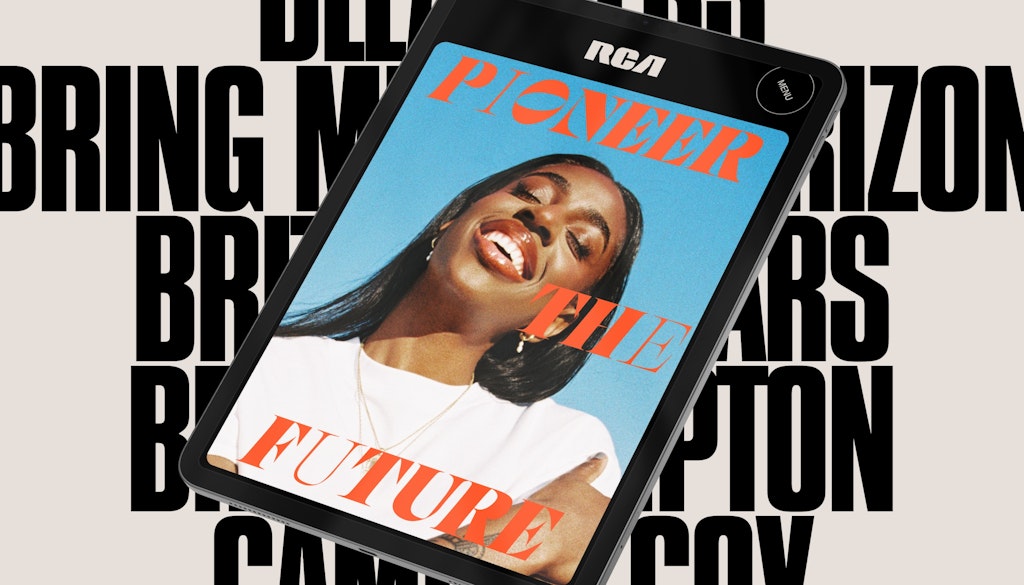Legendary Italian designer Giorgetto Giugiaro – voted ’car designer of the century’ in 1999 – finally sold his Italdesign business to the VW Group late last month. But can the marriage really promote new thinking or will Italdesign’s independent spirit be crushed by its new corporate owner?
The logic of the deal is simple enough: a car giant juggling multiple key brands – Audi, Lamborghini, Bentley, Seat, Skoda, Volkswagen, Bugatti and soon Porsche too – gets the independent design skills and thinking of Italdesign to aid its global expansion plans, while Giugiaro gets the peace of mind of securing his company’s future in a tough economic climate.
As independent car design consultancies go, Turin-based Italdesign Giugiaro (to give it its full name) is about as big as they get. After almost 15 years working for Fiat, Bertone and Ghia, Giugiaro co-founded Italdesign in 1968. Over his career he’s designed more than 200 vehicles equating to some 60 million cars on the road including commercially successful models like the 1974 VW Golf, 1980 Fiat Panda and 2005 Fiat Grande Punto to concept cars including the 1970 VW Porsche Tapiro and 2002 Alfa Romeo Brera. His influence extends well beyond cars too, having worked for Nikon, Apple and Siemens and designed bike helmets, office chairs and even a particularly curvaceous pasta.
But doesn’t the VW Group have enough good designers already? It has 800 worldwide and overall head of design Walter de’Silva is no slouch, with career hits of his own including the Alfa 156, Audi A5 coupe and R8 supercar. He is held in high regard at VW and as a fellow Italian and long-time admirer of Italian car design studios in general, it is likely he would have been instrumental in VW’s move to gain a 90.1 per cent stake in Italdesign.
For the VW Group the combination of Italian design flair and German engineering quality has already born commercial success for Audi (where de’Silva worked previously, before taking on his wider role), and as VW aims to topple Toyota to become the biggest carmaker in the world by 2018, more design clout may be crucial.
Italdesign is no stranger to VW, having worked on the first Golf and more recent projects including the forthcoming VW Up range. Making Italdesign formally part of the group means VW will be able to call upon its considerable resources, not only in design, but also in prototyping, rather than wait in line with other global carmakers like BMW, Proton and a handful of emerging Chinese brands.
VW says Italdesign will honour existing projects, but expects the consultancy to work full-time for the group’s brands in the future. Presumably though Italdesign will be free to take on non-car projects if time allows, with product design helping to influence back across to its car design work – a benefit competing firms such as BMW (through its Designworks USA studios) and more recently Mercedes-Benz (through Mercedes-Benz Style) see as healthy and profitable.
But becoming part of such a global corporate entity has the potential to rein in that creative independent spirit or, at worst, sideline it completely. Giugiaro will be aware of what happened to his former employer Ghia, a once-respected studio that was bought by Ford, but over the years became reduced to a mere trim level for posher Granadas and Fiestas (indeed, even the trim has now been dropped in the UK).
Italdesign’s official spokesman sounds genuinely convinced, describing the deal ’as a reason to be proud’. Italdesign employs some 900 staff and job cuts do not seem to be part of the agenda. After all, this is not a cost-cutting merger of two rivals, but with Giugiaro now 71 years old, the idea of securing a future for the company he founded, which his son Fabrizio now helps to run, must hold a strong appeal. With other independent design studios going bankrupt in the past two years (Bertone and Karmann, for example) and others having to offload parts of their business to stay afloat, maybe the potential for a little less autonomy is a price worth paying.
Giugiaro, meanwhile, states enigmatically, ’Every drop becomes the sea when it flows ocean-ward. We are the drop. Becoming part of the VW Group means revaluating ourselves and our strength [and] opens up a promising perspective for the company.’










